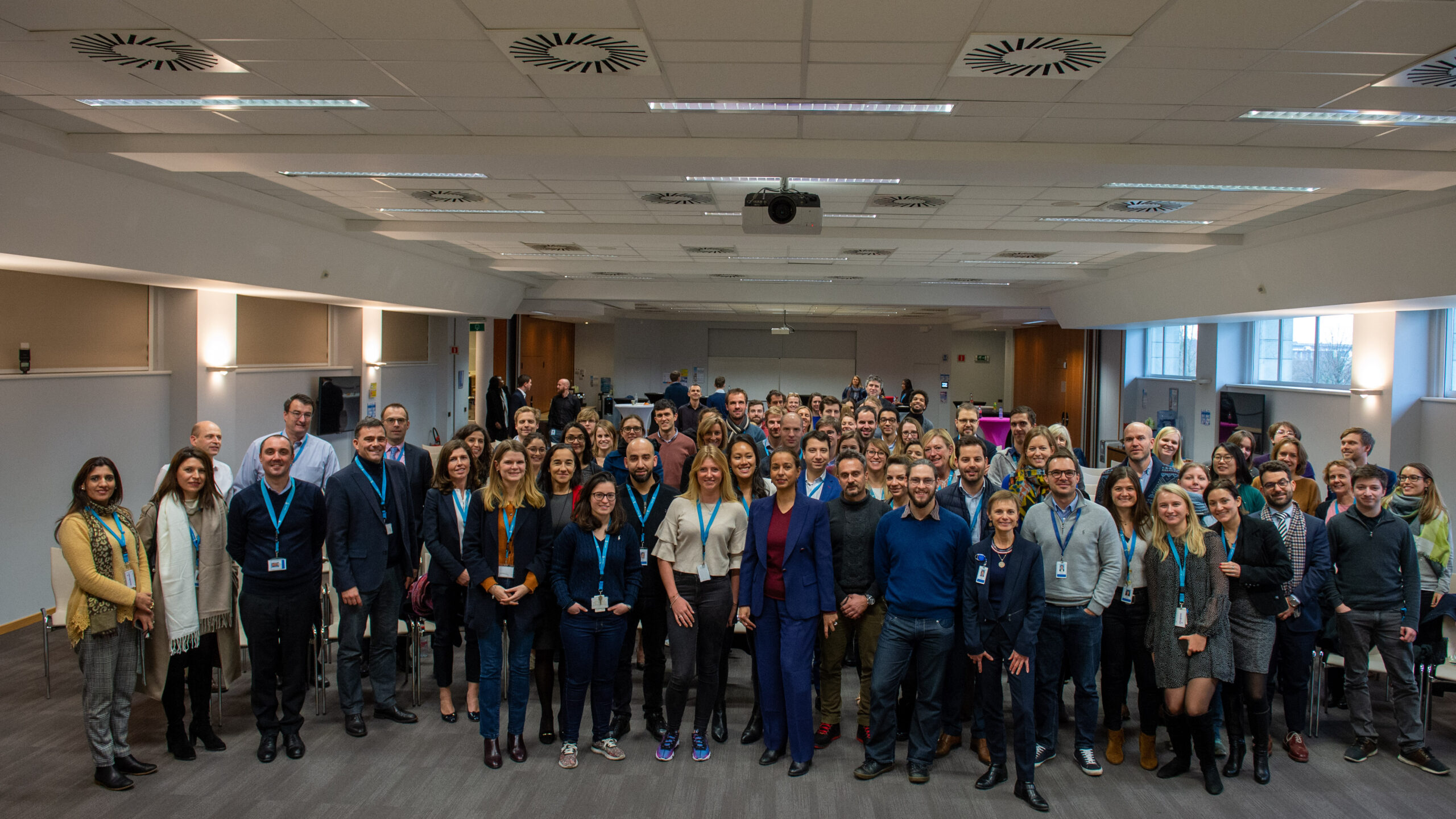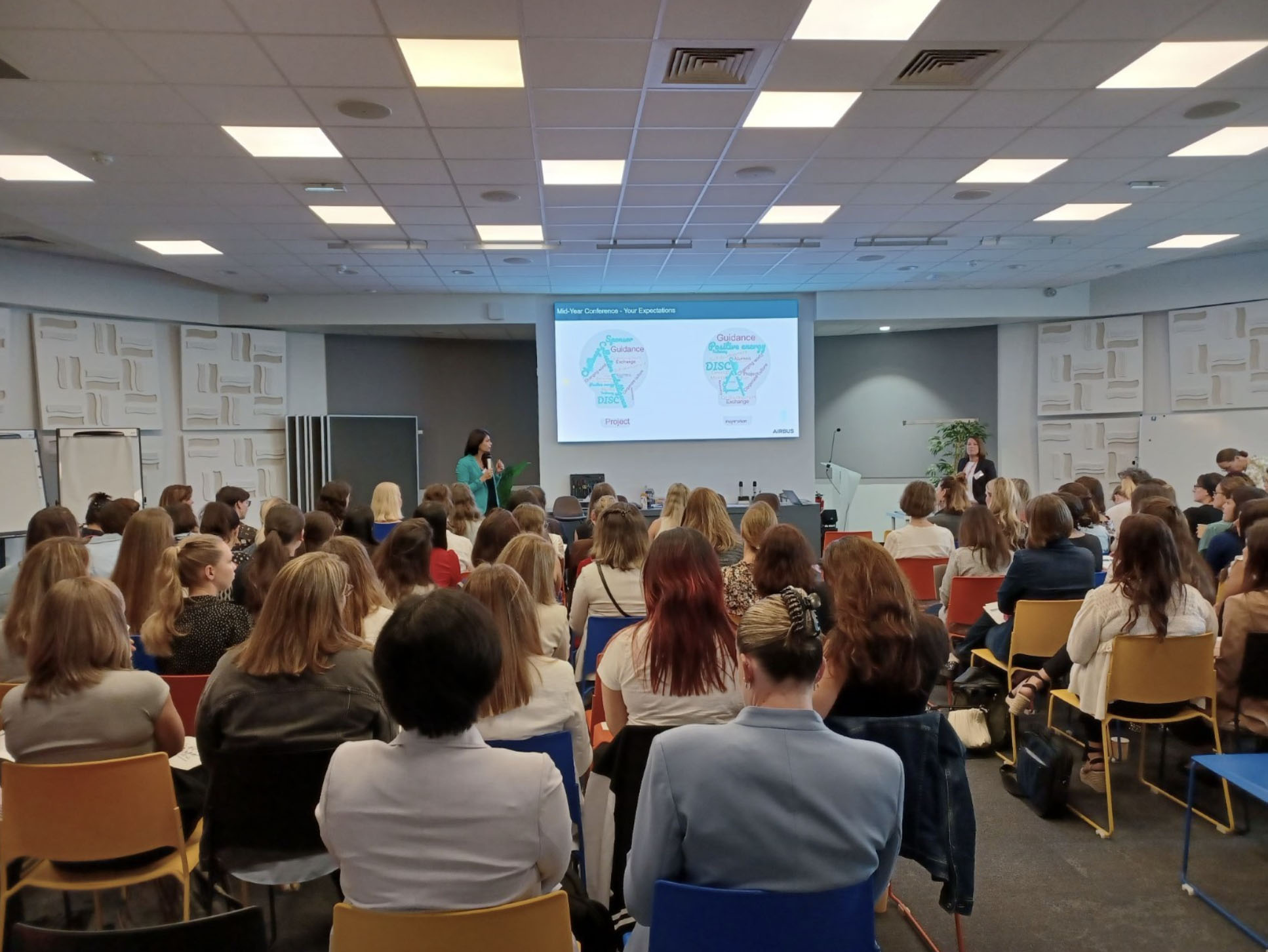

A global agreement on gender equality in the workplace, work-life balance and combatting discrimination and violence
Background

Orange signed this open-ended, global agreement with the UNI Global Union in July 2019: it provides a common framework of actions and KPIs covering gender balance in all job roles, equal career opportunities, equal pay, work-life balance and combatting sexism, harassment, discrimination and violence, and applies to all countries in the world where Orange operates.
What did you want to achieve?
We want to ensure that all Orange countries have structured action plans to address gender equality in the workplace, work-life balance and combat discrimination and violence. We also want to ensure they are defined and tracked by a dedicated committee of people, both men and women and including staff representatives and Employee Forums/unions.
What did you do?
We signed an agreement in July 2019, after six months of negotiation with the UNI Global Union. This agreement gives us a global structure with proposed actions and a common set of KPIs to report on, but each country has the flexibility to define their own actions depending on their local context. The agreement spans all countries in all regions of the world in which Orange is present: more than 30 countries across Europe, the Middle East and Africa, Asia and America.
So far, we have communicated on this agreement to all employees in all countries. For example, it was the main theme of our Group-wide International Women’s Day communication this year.
Most countries have now completed the first stages of deployment. They have nominated their Diversity representative and created their Diversity Committee. Some have already held one or two Committee meetings. Companies with more than 400 employees have completed their initial mapping exercise to understand their current status and actions and identify areas for improvement.
We have also identified data sources for our annual KPI-reporting to the UNI Global Union. We aim to have all of these initial actions completed in all countries by July 2020, though this date may be pushed back because of the COVID-19 crisis.
What are the results so far?
The deployment of this agreement has enabled each country to draw up its own action plan based on local best practices but also on those from other countries.
It is too early to assess the impact of these action plans; but just the fact that dedicated representatives and Committees are being created in each country, and knowing they must report on the agreement’s KPIs, will help to focus more on gender equality, work-life balance and discrimination and violence, and also encourage dialogue with Employee Forums and local unions.
What have you learned?
Two of our key factors for success are gaining top management and union commitment at Group level and in each country, along with the creation of the dedicated Diversity representative and Committee. Other success factors include creating a standard set of KPIs across the Group, sharing best practices and holding regular meetings with, and annual reporting to, the UNI Global Union.
We learned that we needed to create a global framework of objectives and actions that is sufficiently flexible to be adapted to each local context.







